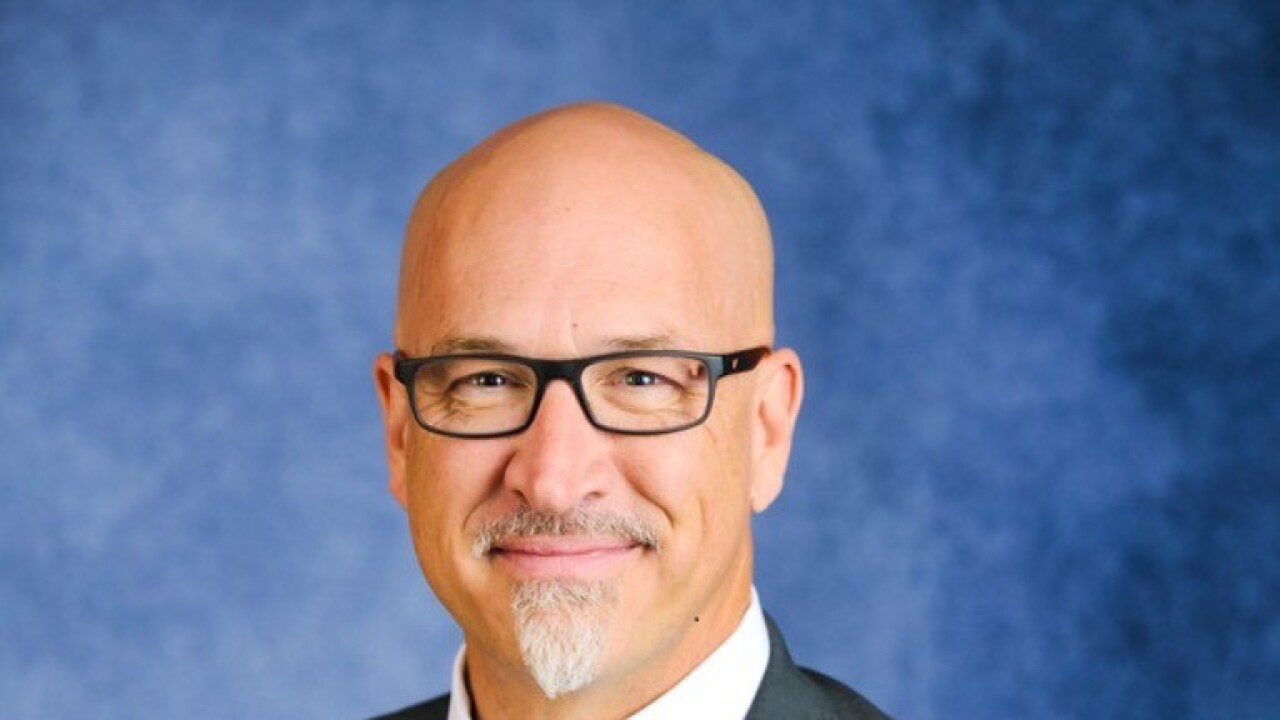Middle-aged Americans increasingly view the concept of retirement as passé, according to a new report from Hearts & Wallets, a retirement and research firm.
More than half (55%) of Americans aged 53 to 65 say they plan to continue working full-time as long as their health permits, up from 51% last year. And among full-time workers over 65, 46% plan to continue working full-time and 41% at least part-time, Laura Varas, a principal of Hearts & Wallets, says.
“What we’re seeing in focus groups,” she says, is that for many middle-aged Americans “it doesn’t feel smart to retire.”
Middle-aged Americans also have higher levels of investor anxiety than other age groups, the study found. In mid-2012, 42% of investors age 45 to 54 reported having moderate to high anxiety with only 30% feeling secure. The anxiety stems from the shaky U.S. economy, the financial crisis in Europe and automated trading, which investors feel distort stock prices, according to Varas.
“Investors question whether stock prices reflect the fundamental value of the company,” she says.
The report, which looked at Americans aged 40 to 60, found that investors are unable to tell the difference between full-service brokerage firms such as Merrill Lynch from self-directed firms such as Scottrade, perceiving them as indistinguishable in terms of price, service and product quality. For example, they gave Fidelity and Vanguard high marks and identified Fidelity as the highest-service provider, even though the company is primarily a self-service firm.
“In the study, Fidelity is perceived as having higher quality than Merrill Lynch, in part because of Fidelity’s online services,” Chris Brown, a principal of Hearts & Wallets, says. “This would have been unthinkable five or 10 years ago.”
The research indicated that middle-aged Americans want personal advisers as well as online tools. It found that middle-aged investors like to use online tools to conduct initial research and then review their research and investment strategies with advisers. “Middle-aged investors are telling us they want both, they need both, they demand both,” Varas says. The two, she said, go together like “peanut butter and jelly.”
The report, which is based on nine focus groups held in Boston, Chicago and Los Angeles from Sept. 10-17, builds on the firm’s annual quantitative survey of more than 5,400 U.S. households.
Margarida Correia writes for





